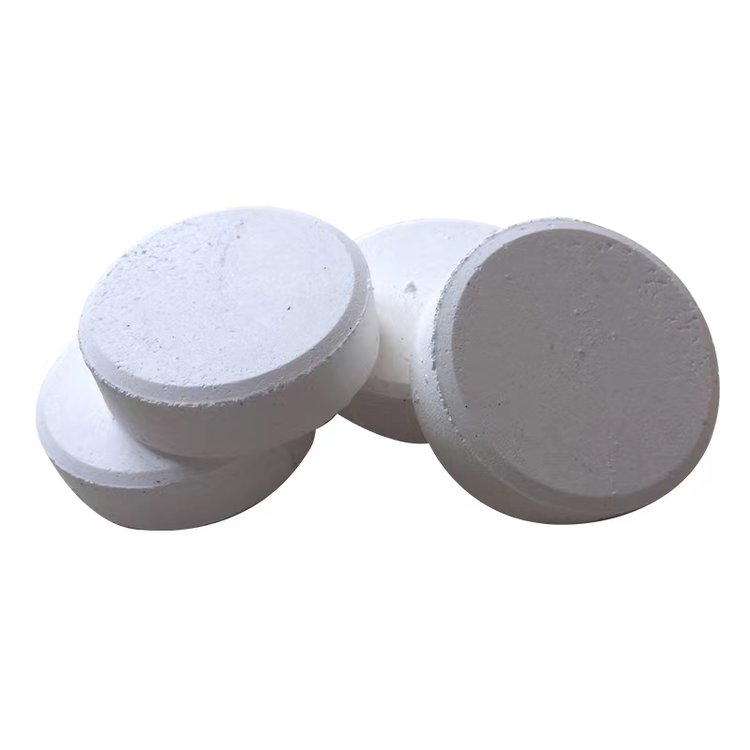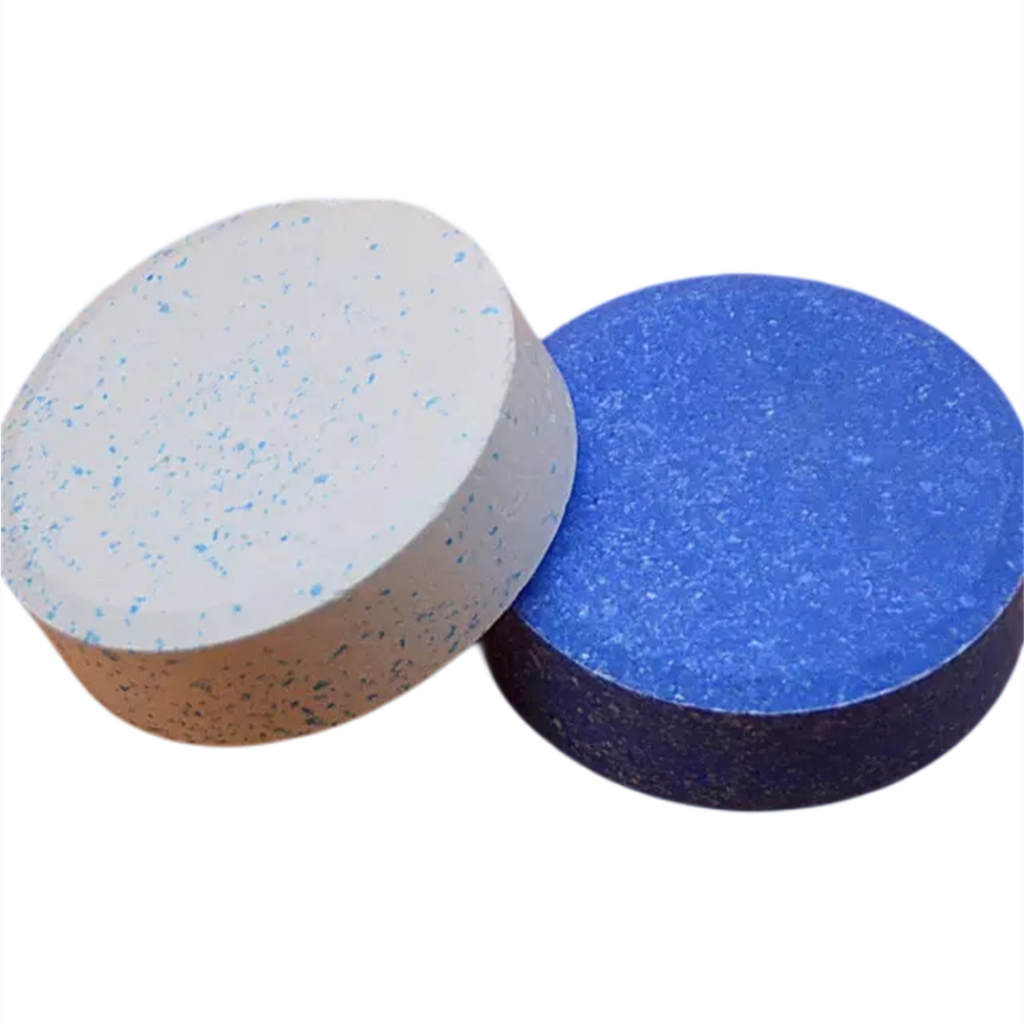Rain can bring joy and relief during hot summer days. However, it also poses challenges for pool owners. When rainwater mixes with pool water, it can introduce contaminants. This is where chlorine tablets come into play. Understanding their importance is essential for maintaining a clean and safe swimming environment.
I. How Rain Affects Pool Water Quality
Rainwater may seem clean, but it carries various contaminants. It can introduce debris, dirt, and organic materials into the pool. Additionally, rainfall can dilute the pool’s chlorine levels significantly. This dilution reduces the pool’s ability to sanitize effectively.
When heavy rains occur, they can disrupt the pool’s chemical balance. As a result, harmful bacteria and algae can flourish. Without proper sanitation, pool water can quickly become unsafe for swimming. Therefore, it is crucial to address these changes after rainfall.

II. The Role of Chlorine Tablets
Chlorine tablets serve as an essential disinfectant in pool maintenance. They release chlorine gradually, ensuring a steady supply of sanitizer. This steady release helps maintain effective chlorine levels in the water.
Chlorine works by breaking down contaminants, including bacteria and viruses. When added to the pool, it helps restore the chemical balance. Thus, using chlorine tablets is vital for keeping pool water clean after a rainstorm.
III. Understanding Chlorine Levels
Maintaining appropriate chlorine levels is critical for pool safety. Ideally, free chlorine levels should range from 1 to 3 parts per million (ppm). These levels effectively kill harmful microorganisms and prevent algae growth.
After a rain event, it is essential to test chlorine levels. If they drop below the recommended range, take action immediately. Adding chlorine tablets helps restore the sanitizer levels necessary for safe swimming.
IV. The Need for Regular Testing
Regular testing of pool water is crucial, especially after rainfall. Use a reliable test kit to check chlorine levels and pH balance. This helps ensure that the water remains safe for swimmers.
Testing the water after rain can reveal significant changes in chemical composition. If the pH level is too high or too low, chlorine may become less effective. Therefore, it is essential to monitor both chlorine and pH levels regularly.
V. How to Add Chlorine Tablets
Adding chlorine tablets is a straightforward process. Begin by checking the manufacturer’s instructions. Different brands may have varying concentrations and recommendations for dosage.
1. Choose the Right Tablets: Select tablets that suit your pool size. Look for chlorine tablets manufacturers that provide clear guidelines.
2. Use a Floating Dispenser: A floating dispenser can help distribute chlorine evenly. Place the dispenser in the pool and fill it with tablets.
3. Add Chlorine Manually: If you prefer, you can also add tablets directly to the skimmer. This allows the tablets to dissolve as water circulates.
4. Test After Adding: After adding chlorine tablets, wait for a few hours and retest the water. This ensures that chlorine levels have returned to the safe range.
VI. The Importance of pH Balance
In addition to chlorine levels, pH balance is vital for effective sanitation. The ideal pH range for pool water is between 7.2 and 7.8. If pH levels stray outside this range, chlorine becomes less effective.
Rain can cause fluctuations in pH levels, particularly if the water is acidic. After a rainstorm, test the pH levels and make necessary adjustments. Use pH increasers or reducers as needed to maintain balance.
VII. Preventing Future Contaminants
To minimize contaminants entering the pool during rain, consider these preventive measures:
1. Use a Pool Cover: A pool cover can protect your water from rain and debris. This simple step reduces the need for additional chlorine.
2. Clean the Area Around the Pool: Regularly maintain the landscaping around the pool. Remove leaves, branches, and debris that may fall into the water.
3. Install a Pool Filter System: A quality pool filter system can help remove impurities before they affect the water chemistry. Regularly clean and maintain the filter for optimal performance.
VIII. The Benefits of Chlorine Tablets
Using chlorine tablets offers several benefits for pool maintenance. They are easy to use and provide consistent sanitation. Tablets dissolve slowly, ensuring a steady release of chlorine over time.
Moreover, they are less likely to cause chlorine spikes. This gradual release helps maintain stable chlorine levels, which is essential for pool health. Additionally, many tablets come with stabilizers that protect chlorine from UV degradation.

IX. Selecting a Reliable Chlorine Tablets Manufacturer
Choosing a reputable chlorine tablets manufacturer is crucial for quality. Look for brands known for their effectiveness and safety. Reading customer reviews and ratings can help you make an informed decision.
Ensure that the manufacturer provides clear instructions for use. Understanding how to use their products effectively can prevent issues and enhance pool maintenance.
X. Conclusion
In summary, using chlorine tablets after rain is vital for maintaining clean and safe pool water. Rainwater introduces contaminants that can disrupt chemical balance and reduce chlorine levels. Regular testing, proper dosage, and maintaining pH levels are essential steps.
By following best practices, pool owners can ensure their water remains sparkling clean and inviting. Additionally, investing in quality products from reliable chlorine tablets manufacturers can lead to a healthier swimming environment. Keep your pool safe and enjoyable by making chlorine management a priority, especially after the rain.
 Instant
Quote
Instant
Quote Email
Us
Email
Us